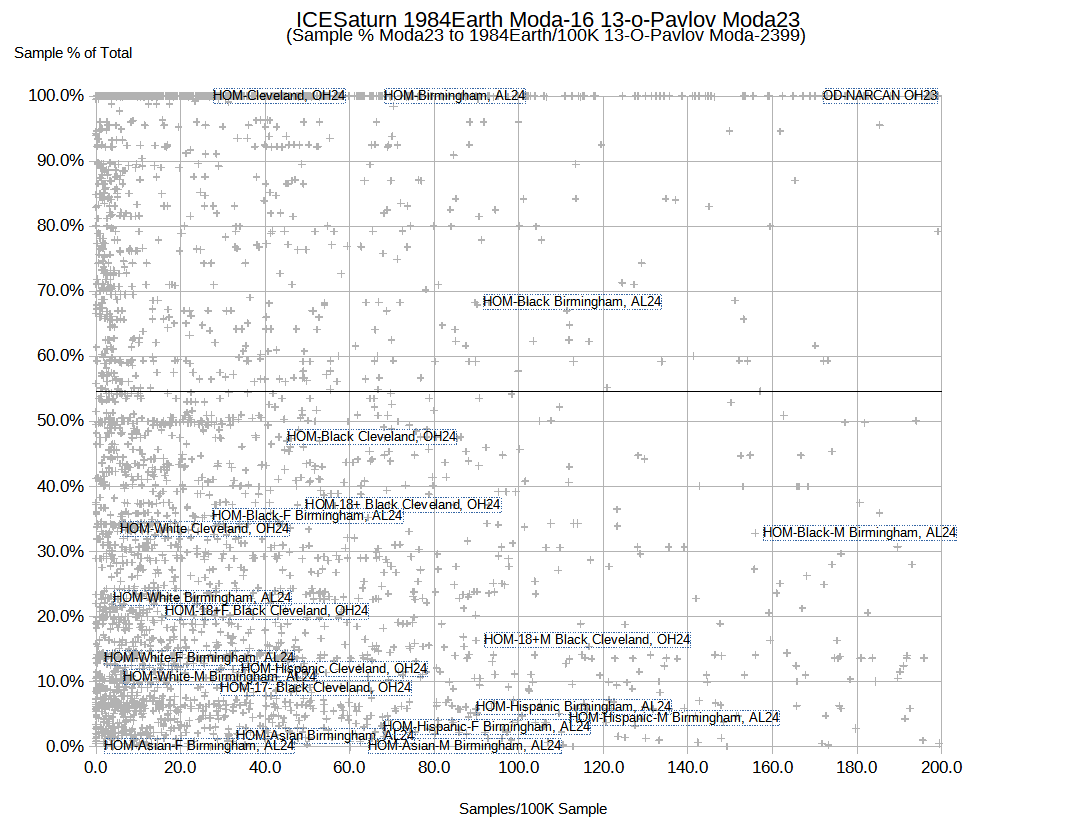
In Birmingham, Black men’s groups work to save young men from the cycle of gun violence
Kat Stromquist, Gulf States Newsroom | November 21, 2024
A train rumbles through the sunset in Birmingham’s Railroad Park. People are out jogging and riding their bikes, and drivers at the edge of the urban green space bump music and playfully rev their engines as they pass by.
Seated on a bench, Darrell Forte — who leads an annual Black men’s summit to discuss improving the city — describes work he’s done with young people. They’ve shared something with him that belies the tranquil scene.
“‘I want this song to be played, I want this to be worn at my funeral,'” he said, recounting those conversations. “You’re 14, 15 years old, rationalizing that you probably won’t live to see 22, 23. That’s shocking.”
This year, gun violence has rattled the Magic City. While a deadly mass shooting in the city’s busy Five Points South area captured national attention, it only added to a year in which the city has been edging steadily closer to its homicide record.
Members of Black men’s groups in the city said they’re meditating on ways to address the spike. They want to address a sense of fatalism and lack of opportunity they find in some young men, that some say is tied to violence.
“Because you’re just like,’ ‘I’m going to end up like one of them anyway, I’m going to end up dead anyway, I’m going to end up in jail, anyway,” Forte said. “We rationalize things that we shouldn’t rationalize.”
In majority-Black Birmingham, as with many other Southern cities, young men of color are more likely to be felled by gunfire. At least 70 Black men under the age of 40 have been killed in Birmingham this year alone, coroner’s data show.
Communities of color are also more likely to be affected by gun violence largely “because of structural racism,” said Silvia Villareal in a previous interview, noting Black children’s and teens’ homicide death rate that she said is 18 times that of white children.
“I don’t know how it’s not on the front page of the news,” said Villareal, director of research translation for the Johns Hopkins Bloomberg School of Public Health’s Center for Gun Violence Solutions.
Forte said young men from some parts of the city are struggling with something like PTSD or “shell shock,” their lives walled in by barriers: addiction, incarceration, hunger and death.
In the wake of this year’s shootings, he convened an emergency Black men’s Zoom meetup this fall to encourage people to air frustrations and talk about how they can help. He also gets people together monthly to discuss things like financial and mental health.
“I think a lot of men, we’re so busy trying to conquer and trying to make money and trying to succeed and trying to get out, if you are from certain neighborhoods, and ‘never go back’ — that’s the no. 1 thing I hear,” he said.
“But we can’t do that.”

Comments1
Why God damns to HELL you FUCKING Black Hitlers Nazis
Why God damns to HELL you FUCKING Black Hitlers Nazis Genocides Of Tuskegees of Pb Johns Hopkins Bloomberg School of Public Health’s “I don’t know how it’s not on the front page of the news,” said Villareal, director of research translation